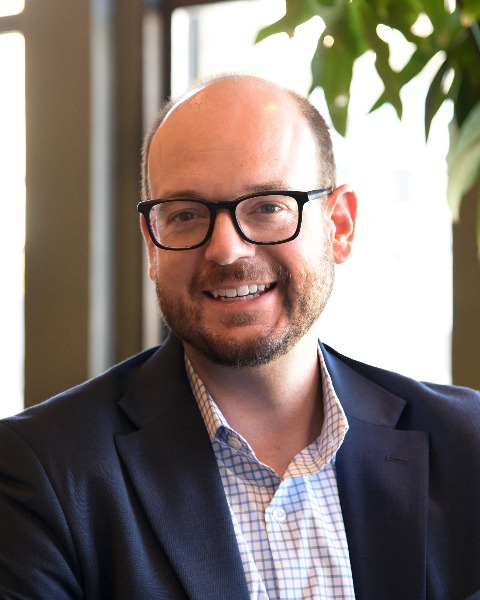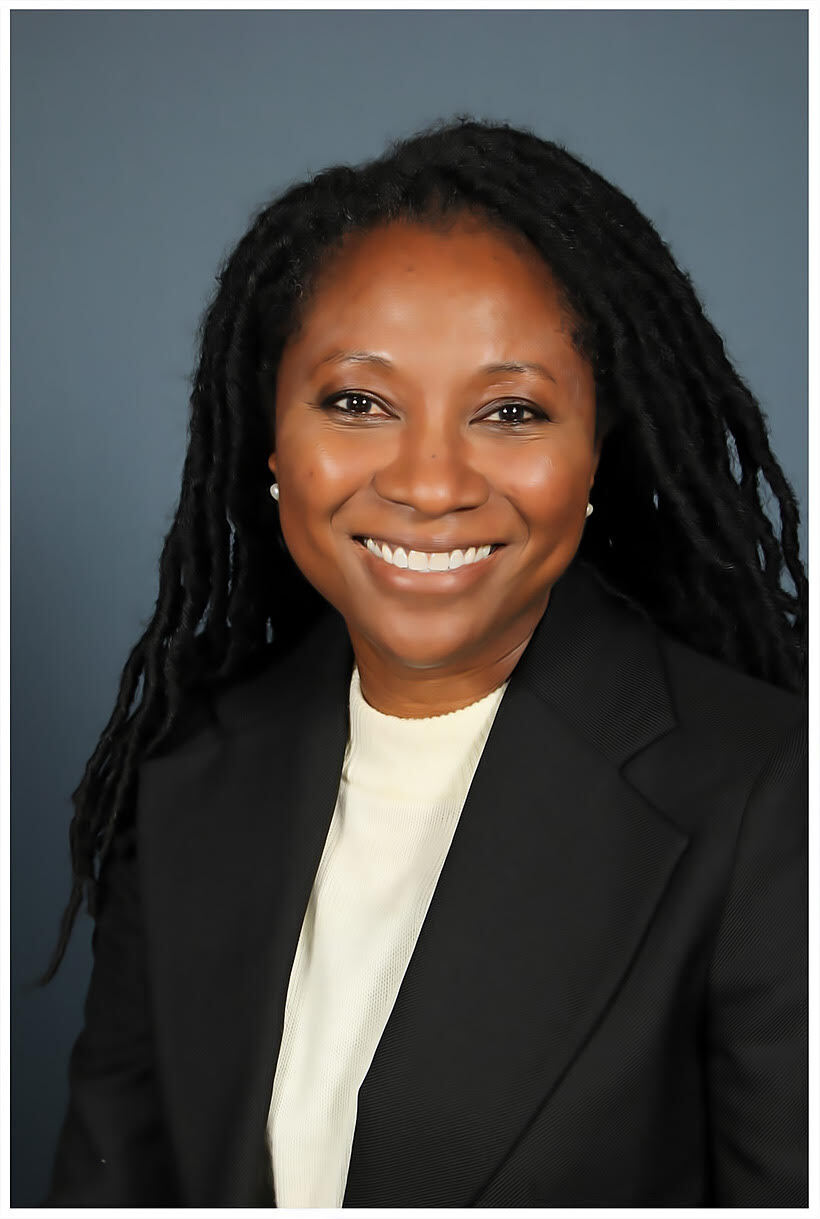
Design for the Next Generation of Science
-
Register
- Attendees - $45
The life sciences sector that exploded during the pandemic has settled back down to earth as what Commercial Observer describes as "a more mature version of itself." Nevertheless, the prospects for future growth in this critical industry remain strong, and its unique real estate requirements have prompted the emergence of a new space typology. Existing at the convergence of academic and corporate methodologies, life sciences enterprises require real estate strategies that merge the infrastructure required to support technologically advanced research with high-performance interiors. When these strategies are most effective, these spaces will drive innovation and support a sense of purpose among their users, and ultimately set standards for efficiency and productivity. These standards will be critical for profit-driven business models in an intensely competitive industry sector. In moderated dialog a practitioner focused on design for life sciences and an end user from a life sciences R&D facility will discuss real estate strategies in the life sciences sector and the design trends taking shape to support the next generation of science. Panelists will explore best practices for life sciences facilities through the lenses of three current trends--wellness, sustainability and technology--that are increasingly informing the design of these technically complex building types.

Jennifer Busch, Hon IIDA
Vice President, Business Development
Officeworks Inc.
Jennifer Busch, Hon. IIDA, is Vice President, Business Development for Officeworks Inc., a design, space planning, project management and furniture installation consultant dedicated to providing innovative interior solutions to commercial and institutional clients. Prior to Officeworks, Jennifer served as the Director of Client Partnerships for Eventscape, a sthe Vice President A&D at Teknion, and as the Vice President, A&D Market Development at Interface. In all of her roles she has been responsible for the development and maintenance of key business relationships with major architecture and interior design firms throughout North America.
Prior to joining Interface, she held various editorial positions at Contract magazine for 21 years, including serving as Editor in Chief from 1999-2011. At Contract, she routinely reported on the social, political, technological, economic, and business trends impacting the practice of commercial interior design, with a particular emphasis on design’s influence on business and society.
As an industry throught leader who promotes the value of design for organizations and institutions with real business goals, Jennifer is also a respected speaker and moderator at numerous industry events and conferences. She applies knowledge of current design and real estate trends and human and environmental sustainability to develop and promote content focused on the effectiveness and efficiency of commercial real estate and the positive impact of thoughtful design solutions.
In 2009 she was bestowed with Honorary IIDA status, the first design editor to have achieved such recognition. She currently serves on the CIDA Board of Directors as Chair Elect, and the FIT Interior Design Program Advisory Board. She has also served on the IIDA Foundation Board of Trustees, the Advisory Board for the FIT Sustainable Interior Environments Master’s Degree program and the Board for Interior Designers for Legislation in New York.

Daniel Castner, AIA, LEED AP
Principal, Life Science Practice Director
Mancini Duffy
After 22 years of leading BAM's Science and Technology Practice, Dan joined Mancini Duffy as its director of the Life Science Practice in 2022. Dan is working with the Mancini Duffy team to continue to build its Life Science practice in the Northeast and beyond. The practice will focus on a range of projects and clients, including those with Laboratory Research facilities, Incubators, Biotech, Pharmaceuticals, Therapeutics and Medicine. He is spearheading the practice, including ensuring projects are completed on time, within budget, and ultimately fostering empathetic and transparent relationships with the clients.
Dan enjoys the design process, and looks forward to new opportunities to collaborate with clients on a wide range of project scales, from single rooms to entire campuses. He looks forward to each new and interesting challenge as a chance to learn and help others in the process. He was involved with programming for IFMA NYC (member, co-chair and chair) for six years, leaving his mark on IFMA NYC by arranging a highly popular wine tasting. The event was so popular that it became the Chapter's annual August fundraiser, and the same model was shared with other chapters across the country.
Dan is the Immediate Past President of the International Facility Management Association, New York City Chapter. In January of 2014, he received IFMA NYC's Distinguished Associate Member Award. He has also attended IFMA's World Workplace conference every year since 2013, most recently as a delegate representing New York. He is also spearheading the collaboration between the NYC chapter and its sister chapters, including Westchester, NJ and Long Island, to benefit members outside of the five boroughs to the entire region and beyond.
He holds a Bachelor of Architecture from the New Jersey Institute of Technology's Honors College, is a Registered Architect in several states, and is a LEED AP professional.

Glennis Mehra, Ph.D.
Director
BioLabs@NYULangone
Dr. Mehra is the Executive Director of BioLabs@NYULangone. She is an accomplished serial entrepreneur, business consultant, and angel investor with proven success in a variety of geographies and industries. Her experience spans teaching, biotechnology (biotech), technology transfer, international business operations, research and development, functional genomics, and consumer product development and insights.
Throughout her career, she has gravitated toward emerging technologies and businesses. As one of the early adopters of functional genomic tools during doctoral work at Columbia University, she performed one of the first high-content gene expression profiles and analysis of damaged and regenerating epithelium. After earning her Ph.D. in Neurobiology & Behavior from Columbia University, she joined the university's technology ventures group, where she created IP strategies and valuation systems and helped commercialize technologies from the biology and chemistry departments. From there, she co-founded and ran two successful startups in India before partnering with SPRIM Strategy and Innovation Consulting to provide a startup perspective to multinational/Fortune 500 companies.




